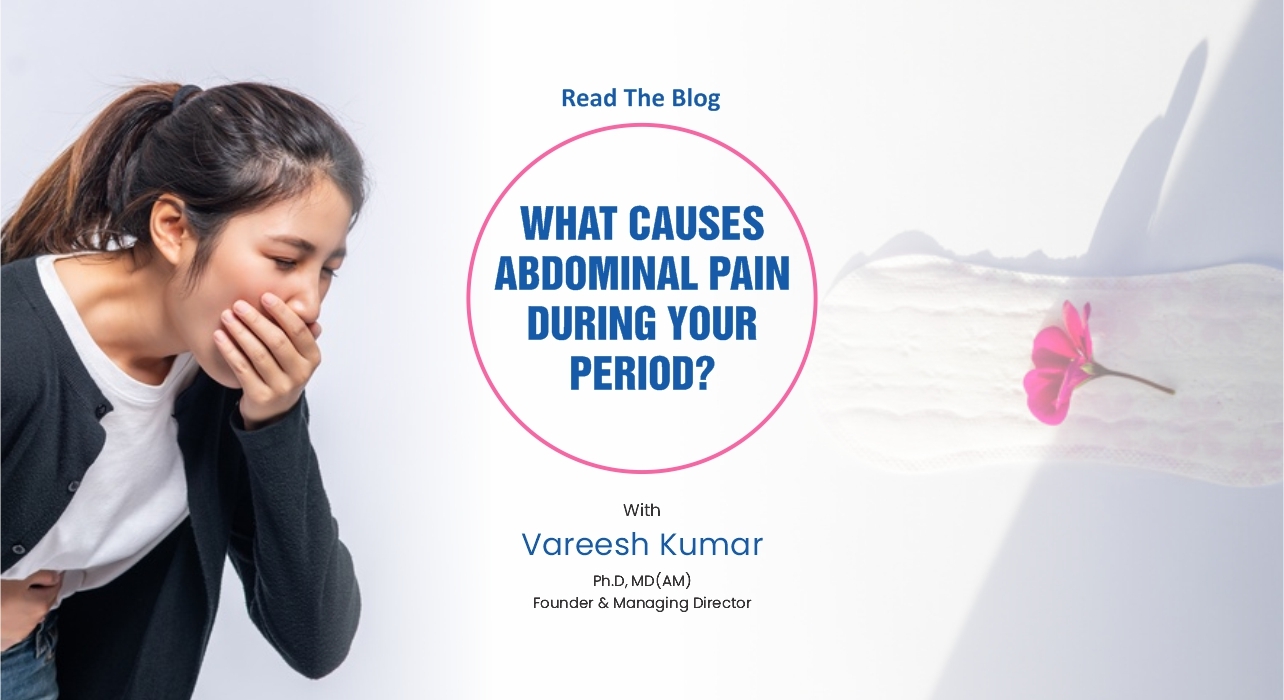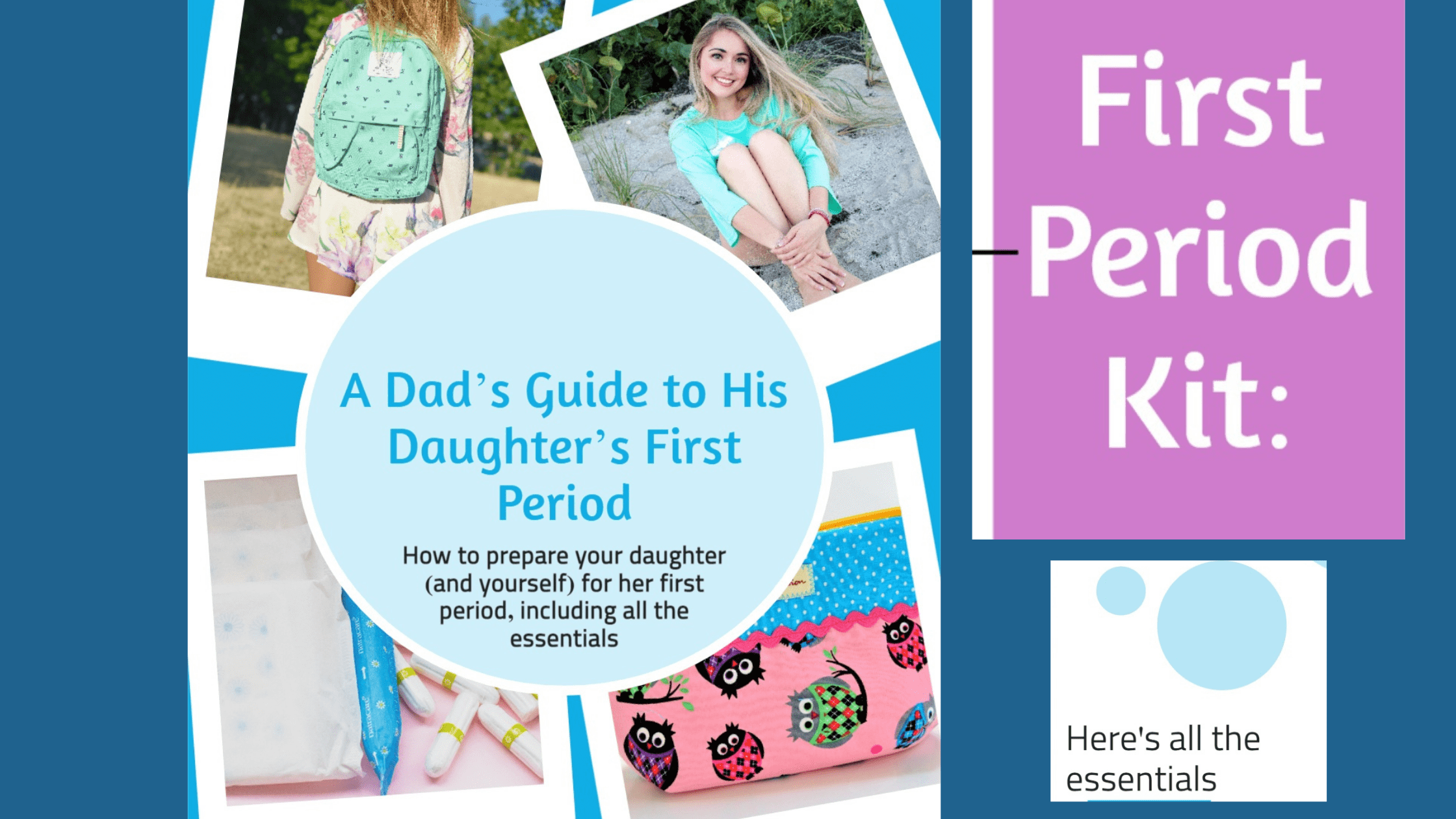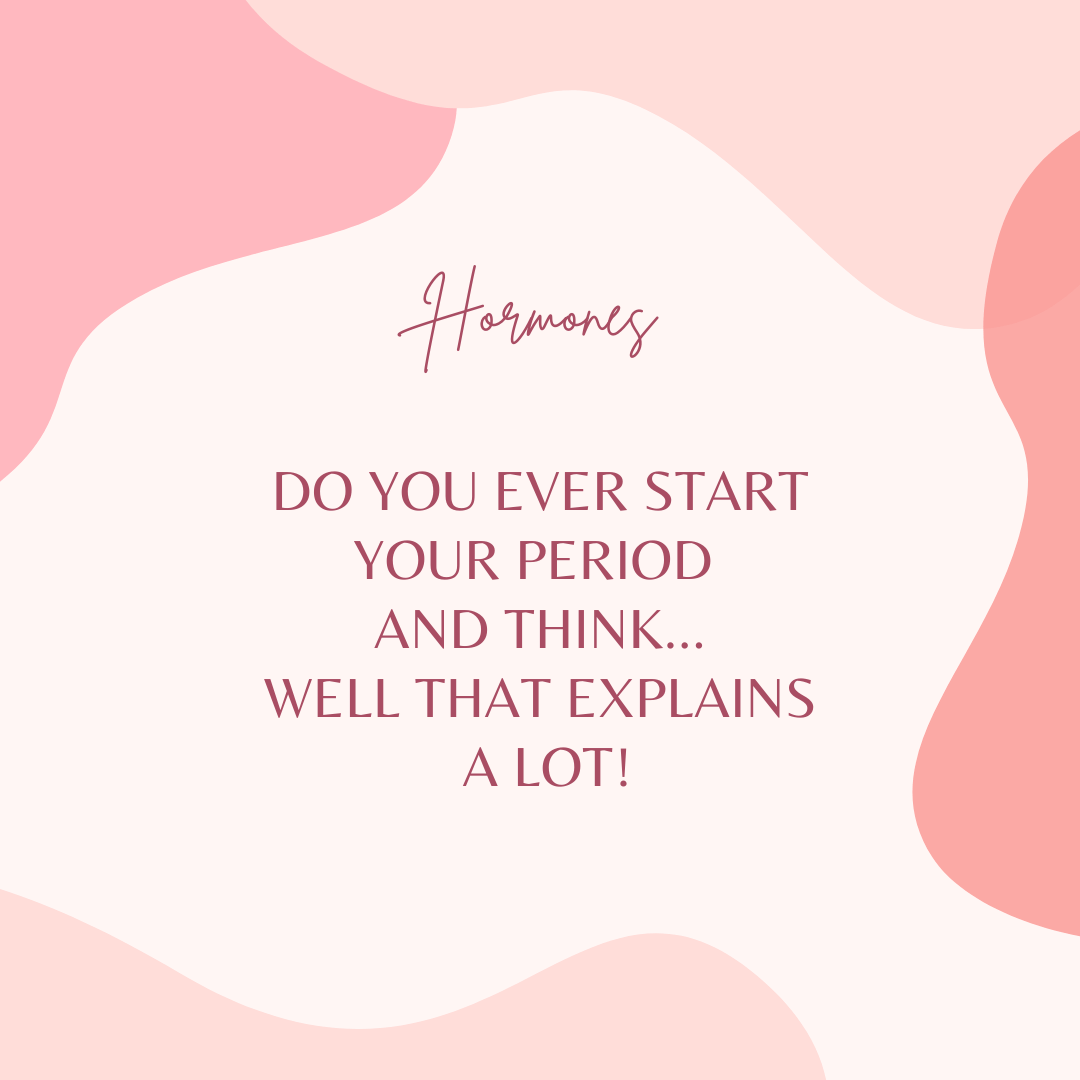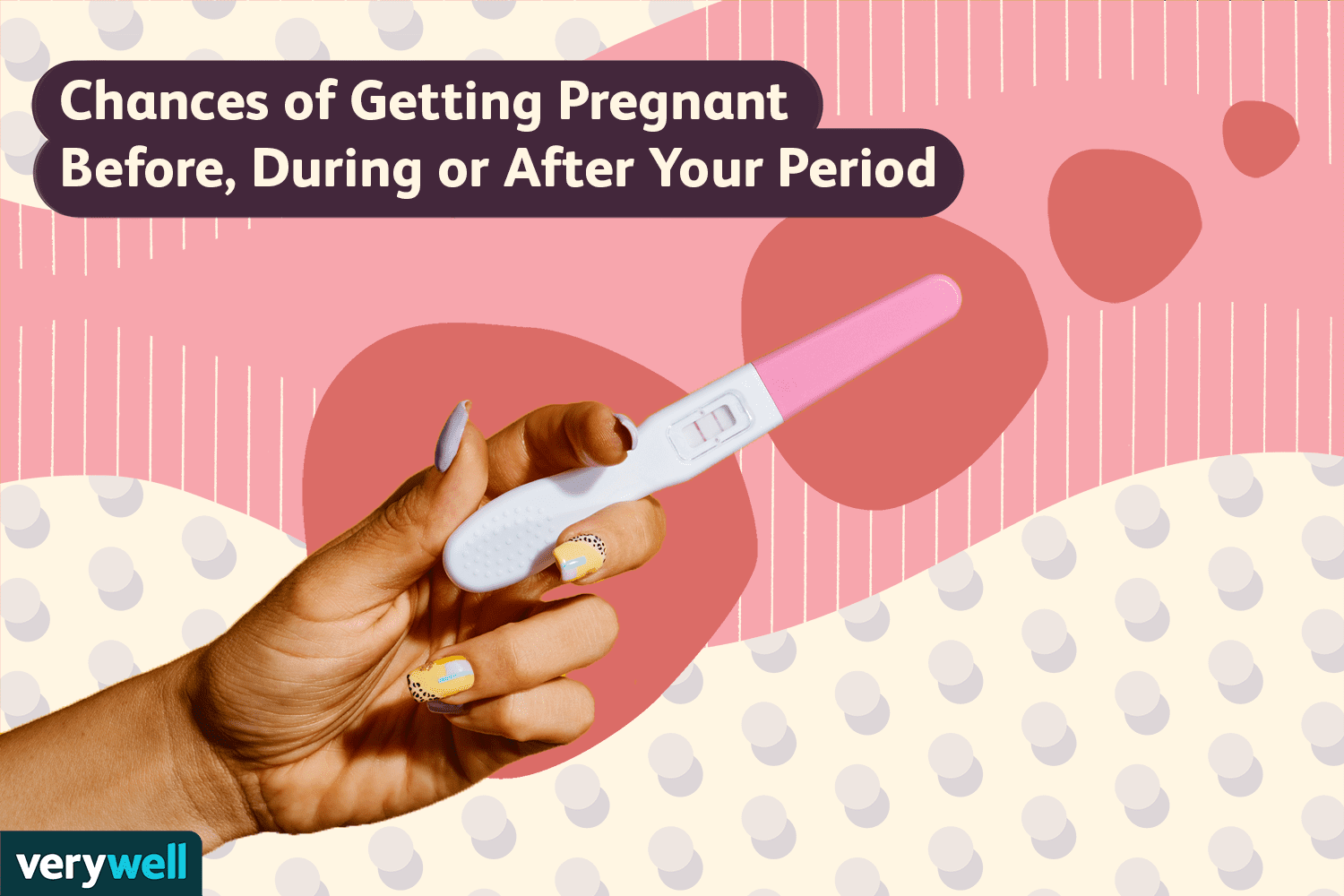What To Do When Your Period Starts – It’s normal to be nervous about your first period. Knowing what’s normal can help you feel more prepared. But everyone’s body is different, and so are periods.
There is no way to know when you will get your first period. One day you see blood on your underwear or sheets and boom – that’s it! You may experience your first period symptoms (like cramping, bloating, or spotting), but not everyone does.
Contents
What To Do When Your Period Starts

Most people experience their first period between the ages of 12 and 15, but some experience it earlier or later. Your period may start at the same time as other people related to you, such as your mother or sisters. If you don’t get your period before age 16, it’s a good idea to visit your doctor or a Planned Parenthood health center to make sure everything is okay.
Age Of First Period And Experience.
It’s completely normal to be worried or curious about your period, but don’t stress about it too much. Every person’s body is different, so everyone’s period starts at a different time. You never know when it’s coming, so keeping a tampon, period underwear or a pad in your purse will help you feel more prepared when your first period arrives.
Some people experience symptoms of approaching menstruation – such as bloating, pimples, breast pain and tenderness. Many people experience cramps in the abdomen, lower back or legs before their period. These symptoms are called PMS. Not every woman shows signs that her period is approaching. And sometimes the symptoms change from month to month. As you get older, it usually becomes easier to tell when your period is due.
Many people mark their menstrual days on a calendar or app. Tracking your period will help you know when your next period is due. This will tell you if your period is late or early. It’s very common for your period not to come at the same time every month — especially when you’re a teenager.
Keeping a tampon, menstrual pad, or pad in your purse can help you prepare for your period whenever it arrives. If you don’t have a tampon or pad when you start your period, you can ask a parent, friend, teacher, or school nurse for a tampon or pad. (Don’t be shy—all menstruating people have borrowed a tampon or pad at some point!) Some bathrooms even have vending machines where you can buy a tampon or pad. If you’re really stuck somewhere without a tampon or pad, you can fold a wad of toilet paper, a clean sock, or a washcloth into your underwear and soak up the blood.
Possible Causes Of An Early Period, According To A Doctor
If your clothes accidentally get stained, you can wrap a sweater around your waist or go home. A change of clothes can also be stored in the locker. Again, try not to be embarrassed – anyone who has had their period has accidentally bled on their underwear or clothes. It will happen!
Normal periods vary from person to person. They can also change over the course of your life. Menstruation usually occurs once a month. When you first start menstruating, your bleeding may last only a few days or be very light (meaning not much bleeding).
Bleeding lasting 2 to 7 days during your period is normal. It may seem like a lot of bleeding, but most people only lose about 1-6 teaspoons of blood and tissue each period. Menstrual blood can be red, brown or pink. It’s normal for him to be a little clumsy at times. If your period is so heavy that you need to change maxi pads or super tampons every hour, contact your doctor or your local Planned Parenthood health center.

In the first few years, your periods will not always occur at the same time every month. You may bleed more or less or have different PMS symptoms from month to month. As you get older, your periods become more regular, and it’s easier to figure out what’s “normal” for you. Learn more about what a normal period is.
Foods You Must Eat If You Have Irregular Periods
Although irregular periods are normal, missed periods can be a sign of pregnancy. If you’ve had penile intercourse without using contraception and haven’t had a period, take a pregnancy test. Read more about what to do if you miss your period. Takes place in maturity stages. As your hormones change, so does your body. In the years leading up to your first period, you’ll notice changes in your nipples, chest, and pubic hair. As your body matures more and pregnancy becomes possible.
In most people, these changes are noticed between the ages of 8-10, but they can occur earlier or later (1, 2). The period appears after one to three years (2 to 2.5 years for most people) (3, 4).
Waiting for your first period can be stressful and it can be difficult to know when your period will start. The first step in estimating when you will get your first period is to ask your biological mother (if you can) when it happened. In addition, your body can give you some signs to help you guess correctly:
Most women experience their first period 2-2.5 years after their breasts begin to develop (3, 4). At first, small bumps appear on and around your nipples. Then the dark area around the nipple begins to enlarge. Your breast/nipple then begins to swell – for a moment it may feel like you have a small lump in your chest (5). These are called
Clues In The Hue: What Does The Colour Of Your Period Blood Mean?
It may only happen on one side at first and it takes about 6 months (6) for the other side to catch up.
Breast buds develop about 2 to 2.5 years before your period starts, but if you notice them earlier (at age 8 or 9), it may take about three years before your period starts. If your breasts develop later (eg, at age 13), it can sometimes take less than a year for your period to start (3, 4).
Your body shape and height will change during this time – before you even notice it

You may notice the first signs of pubic hair shortly after your breast buds begin to grow. 9 out of 10 people enjoy things in this order (8). Others see pubic hair first – after all, it’s normal and healthy. At first you may only see a few long hairs – over time the pubic hair will fill in (6).
The Secret To No More Period Cramps Was 🔥
If you haven’t had acne yet, your first pimples may appear around this time. For others, it comes later. You may notice that your skin is generally more oily and your sweat and underarms smell more unpleasant (9). Acne is a normal part of puberty, so washing your face frequently or eating different foods won’t help. If your acne is severe or you think your body or facial hair growth is unusual, talk to your doctor. They can help you figure out what’s normal and what might help.
Armpit hair often doesn’t start growing until or after menopause, but it may be different for you (10, 11).
Your body shape and size also changes rapidly before the onset of menstruation. Menarche usually begins about six months to a year after the most rapid growth (after the “peak growth spurt”). This is an average time, but your case may be different. It can happen up to two years before your first period or around the same time as your first period. If you’ve been tracking your growth and notice that it’s changing quickly, then it’s starting to slow down, you’re probably close to your first period (12-14).
Remember that as your height and weight change, it’s normal for your pants to increase in size as your hips expand. Some parts of your body will become thicker and rounder, while others will remain the same.
How To Induce Or Shorten Your Period
Your appearance and well-being will also change. You can see the changes yourself using a small mirror. The outer labia of the vulva becomes thicker, the inner labia become larger and shorter, and the clitoris becomes slightly larger (6).
Sometimes, as your breasts begin to grow, fluid may appear in your underwear. Your genitals may feel slightly wetter than before (15). Some people notice this 6-12 months before their first period (16). The fluid is normal vaginal discharge. It is a thin, white liquid and is odorless. This happens when a new community of healthy bacteria grows in the vagina and becomes more acidic to protect the reproductive system from bad bacteria (15).
How

What to do when your daughter starts her period, when do you ovulate after your period starts, when your daughter starts her period, how to know when your period starts, how to get your period starts, what to do when daughter starts period, ovulation period starts when, how do you know when your period starts, what to do when my daughter starts her period, when do you ovulate after period starts, when your period starts, what to do when your dog starts her period
